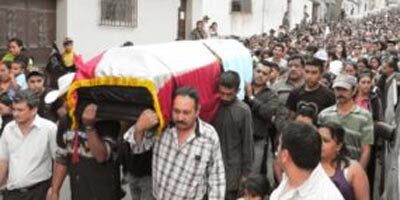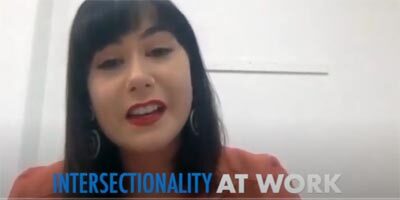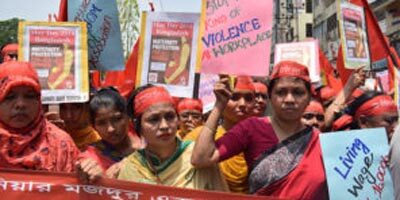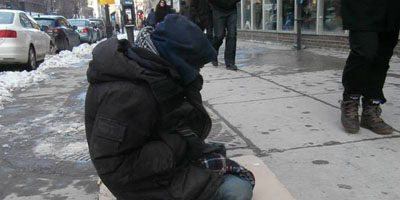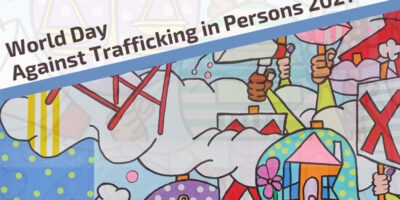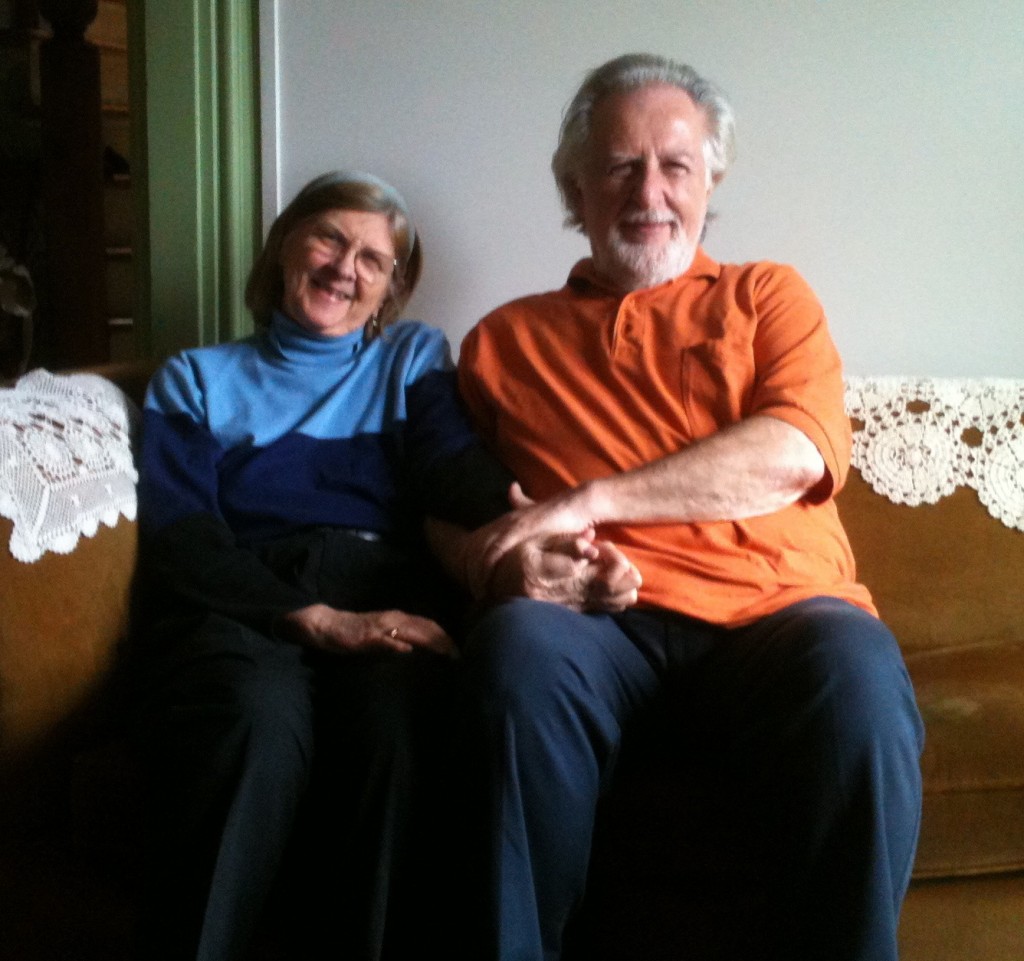
My first encounter with two activists who have transformed Montreal’s urban space was with a group of a few dozen environmental enthusiasts who have gathered in the backyard of the Montreal Urban Ecology Centre on a sunny Tuesday afternoon. The Centre was launching a guide on climbing plants as part of its continuing efforts to encourage citizens to make their urban space environmentally friendly.
It was also inaugurating an educational garden terrace dedicated to Lucia Kowaluk, long-time Montreal political and environmental activist and a founder of the Centre.
Lucia and her partner Dimitri Rousopoulos have engaged in community involvement and left-wing activism for more than half a century. They have campaigned for nuclear disarmament, faced down bulldozers to save the Milton-Parc neighbourhood, founded an alternative publishing house, established the largest cooperative housing project in North America, and set up the Montreal Urban Ecology Centre.
Now in their seventies, they have no intention of slowing down. “If you want to do this kind of work, you have to spend your whole life doing it,” Lucia said.
As we sip local cider and enjoy the afternoon, Dimitri invited me to take a seat with them, and much of my conversation was with him as Lucia greeted a steady stream of friends, well-wishers and activists.
We talked about the ideals behind the activism. Dimitri said he considers himself an anarchist. When I asked about anarchism and rioters in black masks, he shook his head, noting that there are many different schools of anarchism.
His own political philosophy has been greatly influenced by the American ecological philosopher Murray Bookchin, and by the works of Paul Goodman, George Woodcock and Noam Chomsky.
“These are all people in my political family,” he said. “They are constructive anarchists – those who find the time and the orientation to build cooperatives, housing cooperatives or productive cooperatives. They try to build a sense of community in neighbourhoods, to bring people together, and to have a common decision making forum. They try, in this corrupt society in which we live, to place building blocks towards a better society.”
Dimitri and Lucia were part of the Canadian New Left in the 1960s, joining fellow anti-war activists in calling for nuclear disarmament. They met while serving together on the editorial board of Our Generation Against Nuclear War (later known simply as Our Generation) a research journal that Dimitri founded as part of the anti-war movement.
Dimitri said he did not have a political upbringing; Lucia’s family was more left-leaning and involved in activism. “From the time I was an adolescent, I had a sense of wanting to right things that were not fair,” she said. “I believe in a just society. Now what does that mean? Those are easy words. I am working towards, in large ways and in small ways, toward a society or a community in which people have their basic needs met, in which they know they can see the fruit of their labour, where they can have a community of friends and colleagues around them, and can live a life. That sounds very simple and basic, but there are roadblocks to that all over us – from low wages to poor housing, the treatment of the mentally ill whose need for help is not acknowledged, too many prisons, putting people in jail for stupid little things…”
Does a life dedicated to social justice bring with it concerns for one’s own financial well-being? Lucia was quick to say no. “There is so much stuff wasted and thrown out. You have to eat, but food is unnaturally cheap, and we live in the co-op which we founded. And if you have friends and you have fun, then you entertain yourself.”
The city of Montreal has been central to Dimitri’s conceptions of community, citizenship and government. He was one of the authors of the Montreal Charter of Rights and Responsibilities, a landmark document that outlines the rights and duties of its citizens and their role in participatory democracy.
In 2000, Dimitri told me, some members of the Centre, along with members of the McGill School of Urban Planning, developed an idea of a citizens’ summit, where residents of the city could come together and discuss how they wanted to transform their urban environment. More than 250 people attended this first-ever citizens’ summit. With 2001 municipal elections coming, it even brought the future mayor, Gerald Tremblay, to the discussion. Impressed by the turnout, election candidates committed to organizing an official city summit.
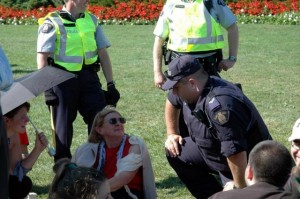
Lucia Kowaluk and Ottawa police at a protest against the tar sands and proposed pipeline. Photo courtesy Lucia Kowaluk.
Now Dimitri and Lucia are thinking about organizing another citizens’ summit, one that would be a pan-Canadian extra-parliamentary opposition to the government’s right-wing agenda. They are especially encouraged by a new willingness on the part of francophone Quebecers to discuss crucial issues with a wider population.
“If you have the right determination, if you’re actually dogged in what you believe, if you stand for anything, you stand for the insistence that many more things are possible,” Dimitri said. “There are still a lot of things that can be done in a society with individual and collective and social initiatives. The more people elbow their way into urban space, the more that space becomes a democratic space.”
I asked Dimitri about his founding Black Rose Books. As an activist in the 1960s, he was asked to write a book on the New Left for a publisher in Toronto. The book was written but, faced with a long delay in it being printed, he decided to publish the work himself. So he got together with a group of eight or nine friends, with each of them contributing a hundred dollars.
“That was 500 titles ago,” he said, a glint in his eye. The Canadian publisher of all the political works of Noam Chomsky, it became a well-known radical publisher, domestically and internationally.
And where did the name “Black Rose” come from? He said it was a historical reference from the Middle Ages, suggested by Murray Bookchin. Peasant rebellions against feudal authority resulted in a myth, the belief that the discovery of a black rose would lead to freedom from servitude. People would search the countryside for that sign of their liberation.
“We’re still struggling to find freedom.”

